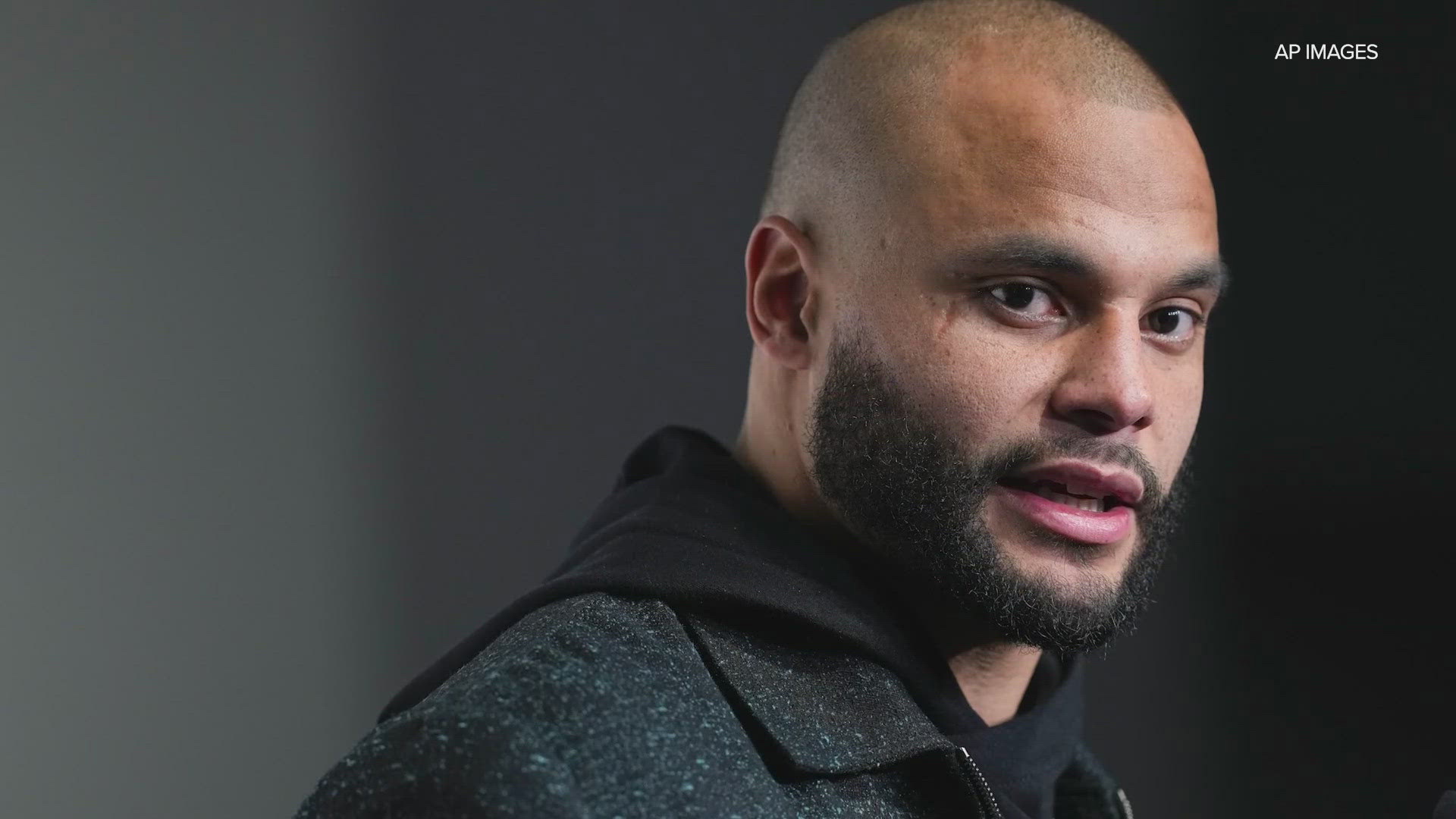Brice Butler’s controversial unsportsmanlike conduct penalty that hurt the Cowboys in their playoff loss to the Green Bay Packers has apparently sparked an NFL rule change.
The second-year Cowboy, who has since signed a one-year deal to return in 2017-18, was flagged in the first quarter of the divisional-round game for entering the Cowboys’ huddle but not participating in the ensuing play.
It negated a 22-yard completion that would’ve given Dallas the ball inside the Green Bay 20. Instead, the Cowboys were moved back to the 48-yard line and would punt on the possession. The Packers would go up 21-3 before the Cowboys mounted a furious comeback.
Dean Blandino, the league’s head of officiating, announced last week that officials will be allowed to warn teams in the future, rather than handing out a 15-yard penalty.
Dean Blandino said officials are being given more leeway not to penalize a team 15 yards under the "Brice Butler rule." They will be warned.
— Charean Williams (@NFLCharean) March 23, 2017
It’s not much consolation to Cowboys fans, who, for the second time in three years, feel slighted by NFL officiating in a playoff bout with Green Bay.
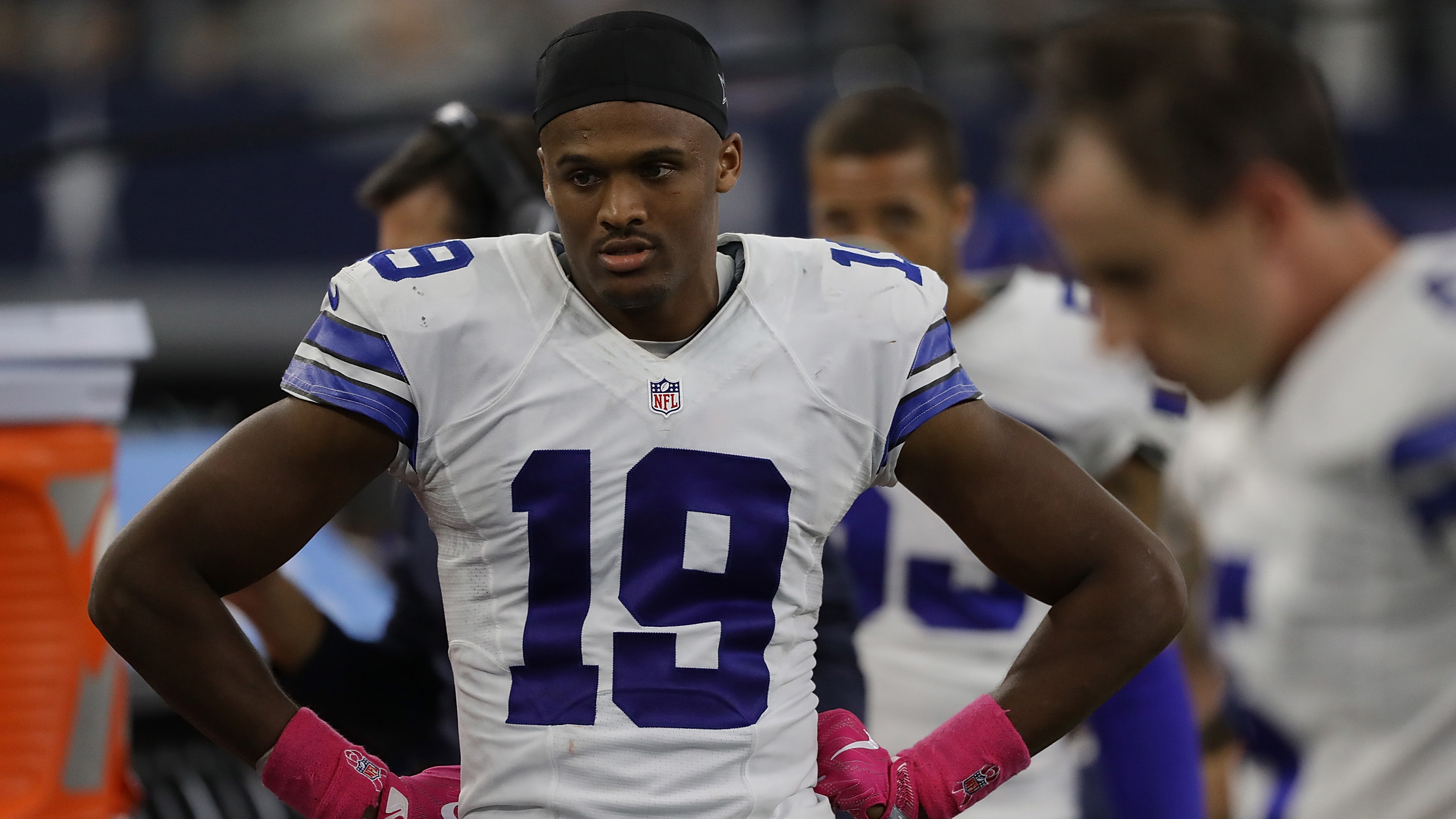
But Butler is just the latest in a long line of Cowboys who have influenced the NFL rule book. Here are 10 more rule changes based on Cowboys players.
1. ‘Dez Bryant rule’
Before Butler’s penalty, this one probably stung Cowboys fans the most. Bryant infamously made a circus catch over a Green Bay defender before losing control of the ball while lunging toward the goal line.
The officials said Bryant “didn’t complete the process of a catch.” The league has since changed the language on what constitutes a catch (and still haven’t gotten it right).
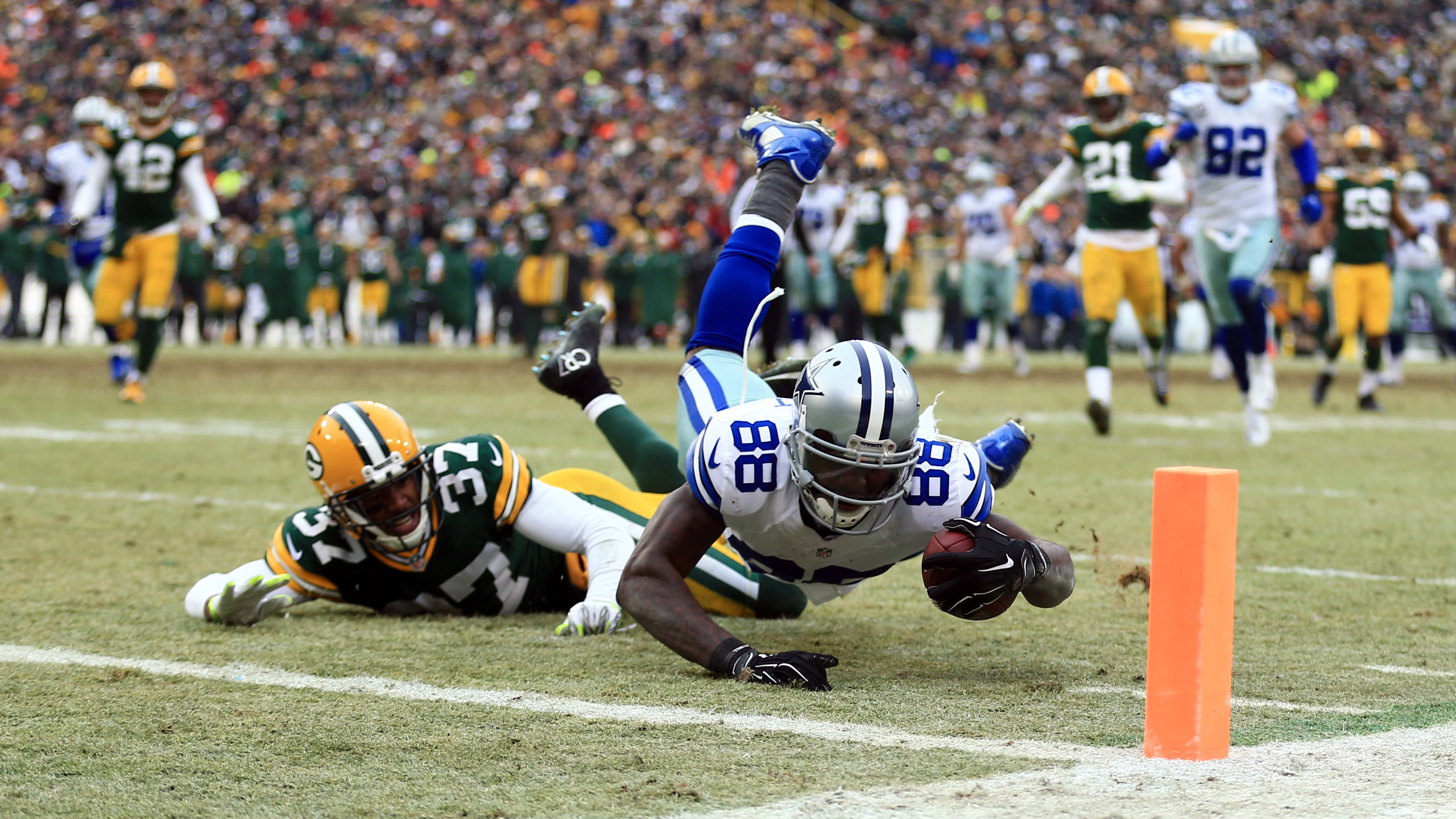
2. ‘Roy Williams rule’
The hard-hitting Cowboys safety broke Terrell Owens’ leg with a horsecollar tackle -- a takedown involving the grabbing of the back of an offensive player’s shoulder pads from behind. That kind of tackle has since been outlawed.
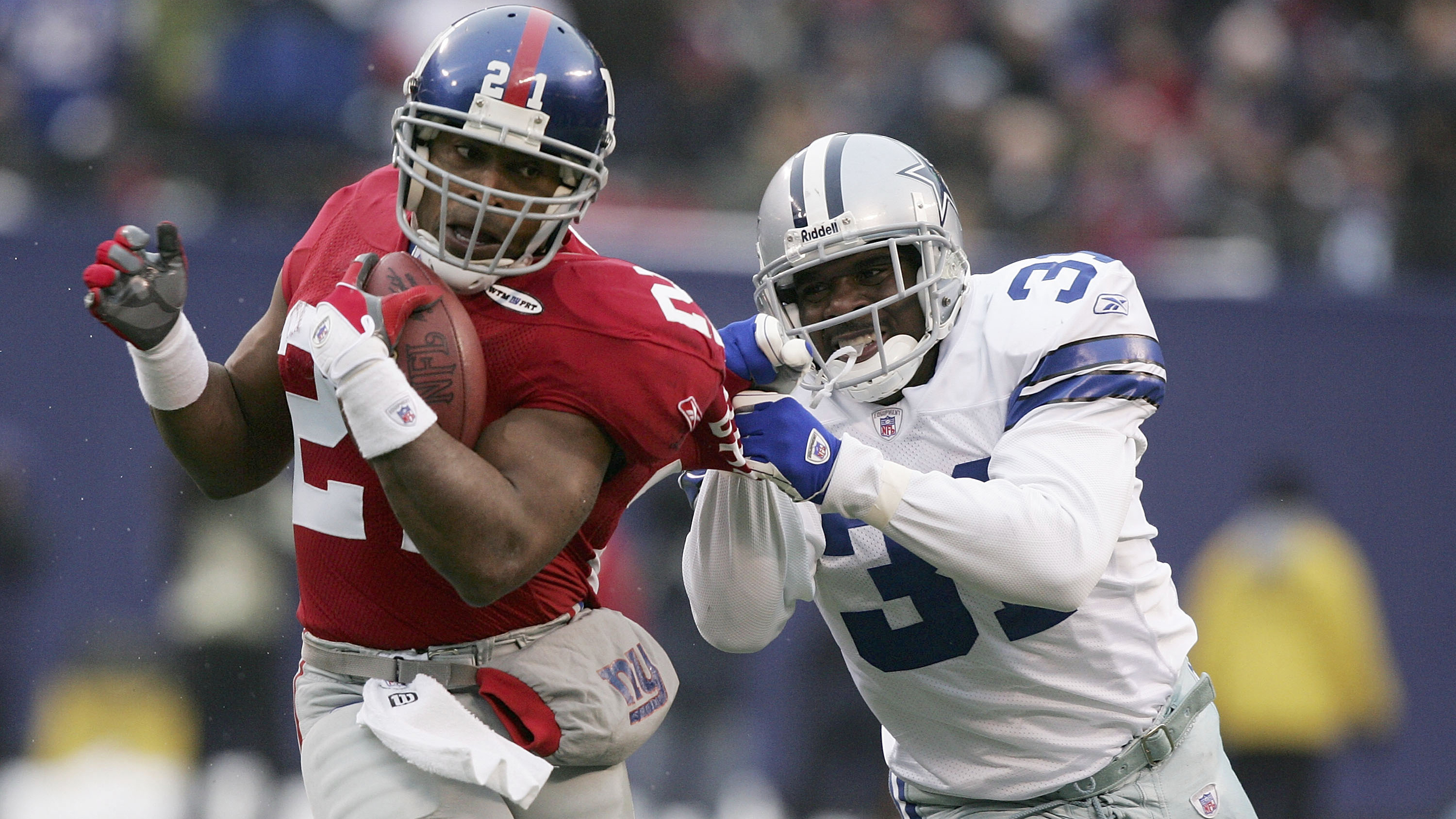
3. ‘Tony Romo rule’
Before Tony Romo was the franchise’s all-time leading passer, he was its placeholder for field goals and extra point attempts. That didn’t go so well in a 2007 playoff game in Seattle, when he notoriously dropped the snap and cost the Cowboys a 19-yard field goal in a 21-20 loss.
There were complaints after that game of a slippery football. Whether that’s what caused the snafu or not, the league has since moved the responsibility of managing kicking balls to the referees, rather than the home team’s ball boys.

4. ‘Michael Irvin rule’ No. 1
Irvin’s trash-talking spurred the NFL to ban taunting during a game.

5. ‘Michael Irvin rule’ No. 2
The offensive pass interference call is also associated with No. 88.
6. ‘Emmitt Smith rule’
Keep your helmet on, kids. Smith would famously remove his helmet during celebrations. Now, the helmet has to stay on unless the player is injured.
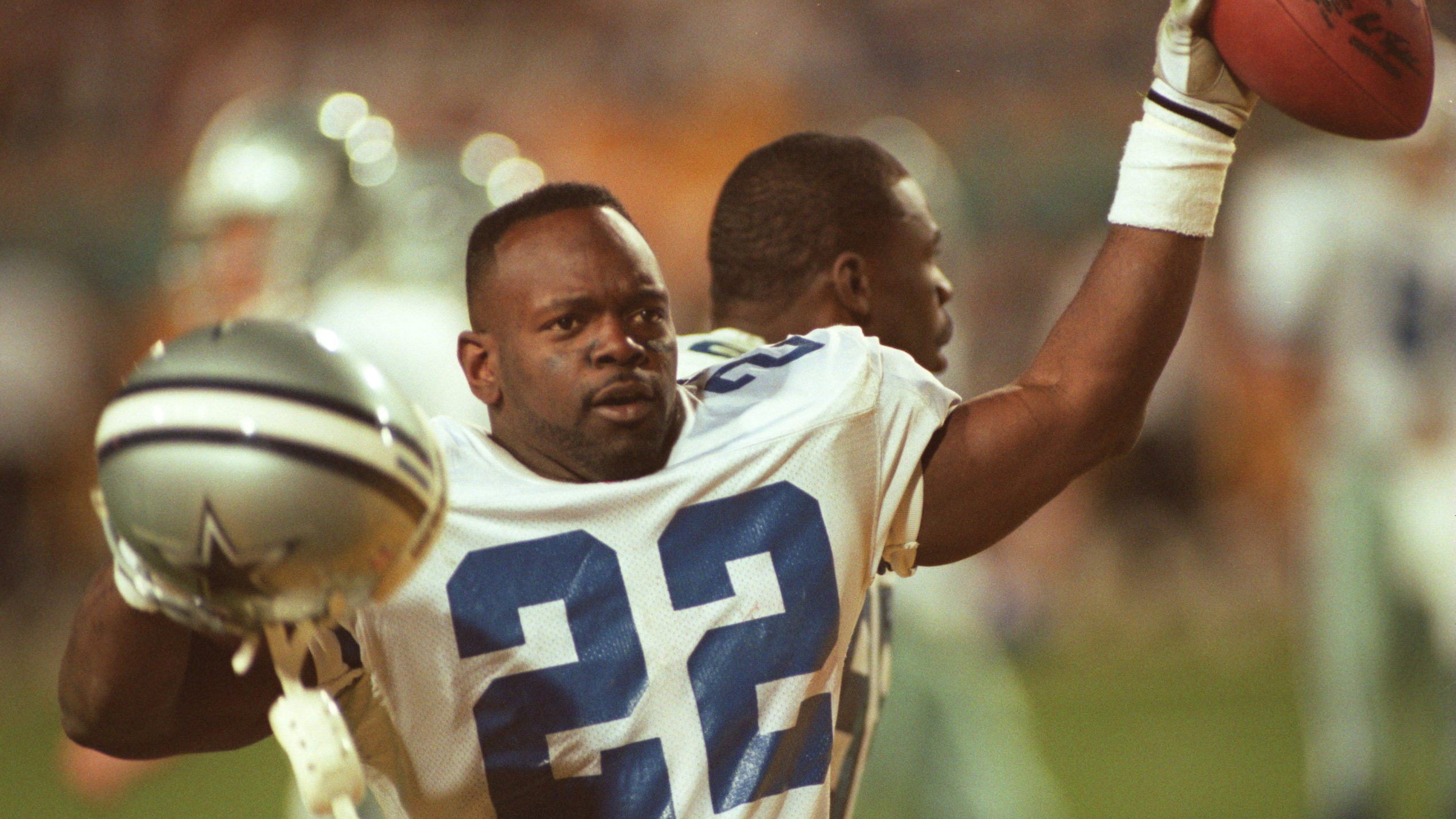
7. ‘Marion Barber rule’
Marion The Barbarian changed the way running backs are allowed to fend off tacklers. He used to deliver a mean stiffarm and grab the facemask of defenders. That’s no longer allowed.
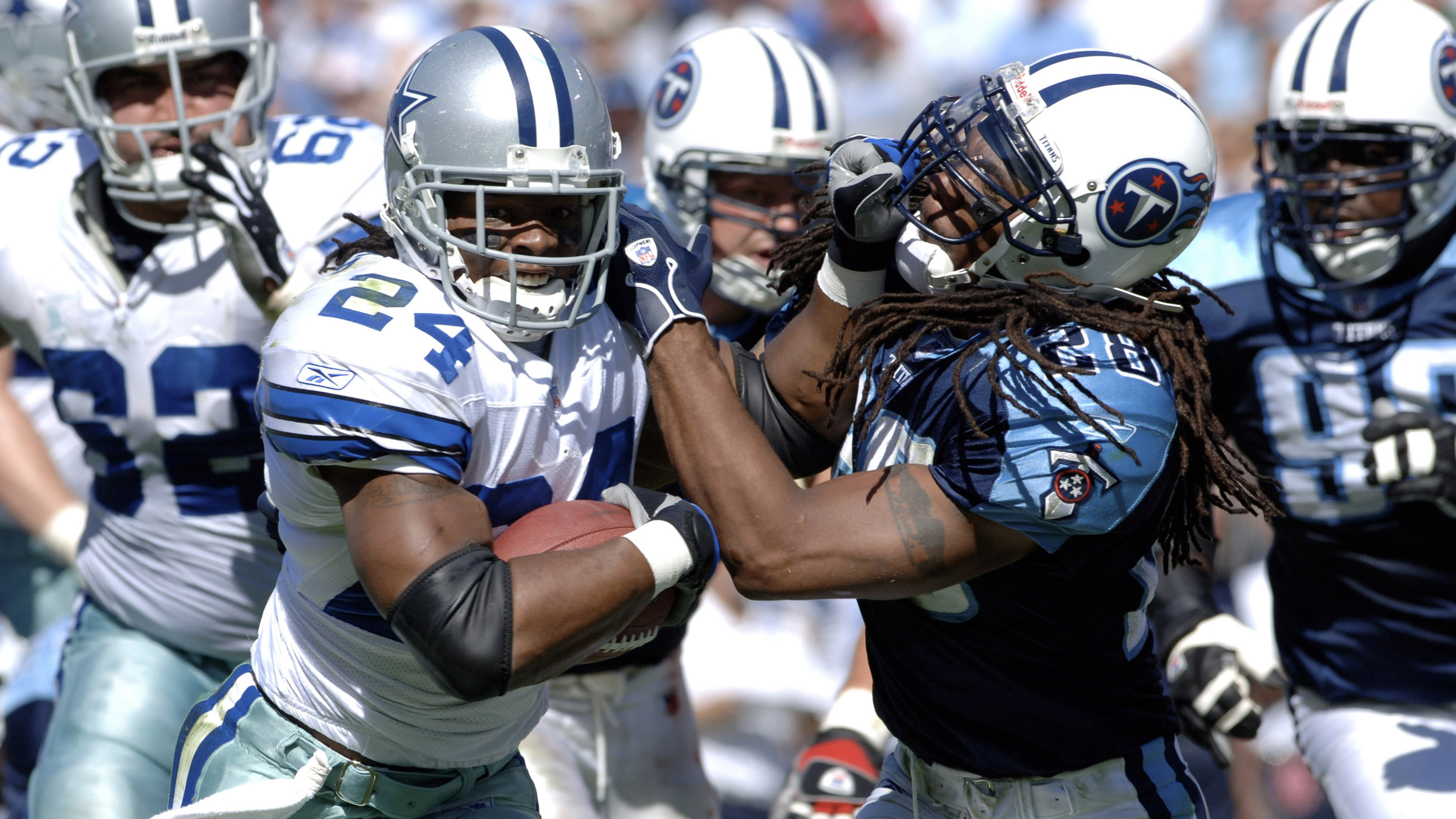
8. ‘Mel Renfro rule’
A pass tipped by an offensive player and caught by another offensive player, while unconventional, can provide a burst of excitement in an NFL game. Well, before 1978, it wasn’t even legal. The rule change was inspired by a play during Super Bowl V involving the Cowboys defensive back.
9. ‘Deion Sanders rule’
A lot of salary cap manipulation goes on in the NFL, and especially with the Cowboys. But one change was the result of Neon Deion Sanders’ 1995 contract, which included small annual salary numbers and an astronomical signing bonus. With the rule outlawing such a strategy, teams are forced to take more of the salary cap hit earlier in a contract.

10. ‘Erik Williams rule’
All those illegal-hands-to-the-face penalties called on linemen are thanks to Williams, a Cowboys lineman from 1991-2000 who made the tactic popular.


